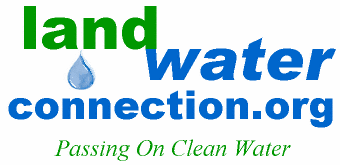
ANIMAL WASTE

ANIMAL WASTE
Waste from pets, wildlife and agriculture can each have a negative impact on water quality. Animal waste from pets, wildlife or livestock can carry harmful pathogens (including E Coli, Salmonella, Cryptosporidium, Giardi, etc.) and nutrients (such as nitrogen and phosphorus). Animal waste pollutes water systems directly, is washed into waterbodies with stormwater runoff, or seeps down through soil into the ground water. Pollution from animal waste is a threat to drinking water, human and animal health, the environment and the local economy.
How You Can Help
1. Properly pick up and dispose of your pet and/or livestock waste (see links below for specific waste management practices).
2. Provide an appropriate location for your pets and/or livestock to roam away from your well, as well as away from any nearby streams or wetlands.
3. Do not feed wildlife, including ducks and geese.
Where To Learn More
“Water Quality Protection: Pet Waste”
Click Here >
“Livestock Factsheets and Self-Assessment Worksheets”
Click Here >
“5 Reasons Why Feeding Waterfowl is Harmful”
Click Here >
Did You Know...?
An average 45 pound dog will produce 13 pounds of nitrogen and 2 pounds of phosphorus per year in their waste.
Surveys have indicated that only about 60% of dog owners clean up after their pets.
Resident Canada Geese can each produce over one pound of waste a day.
This site was started with Mobirise template